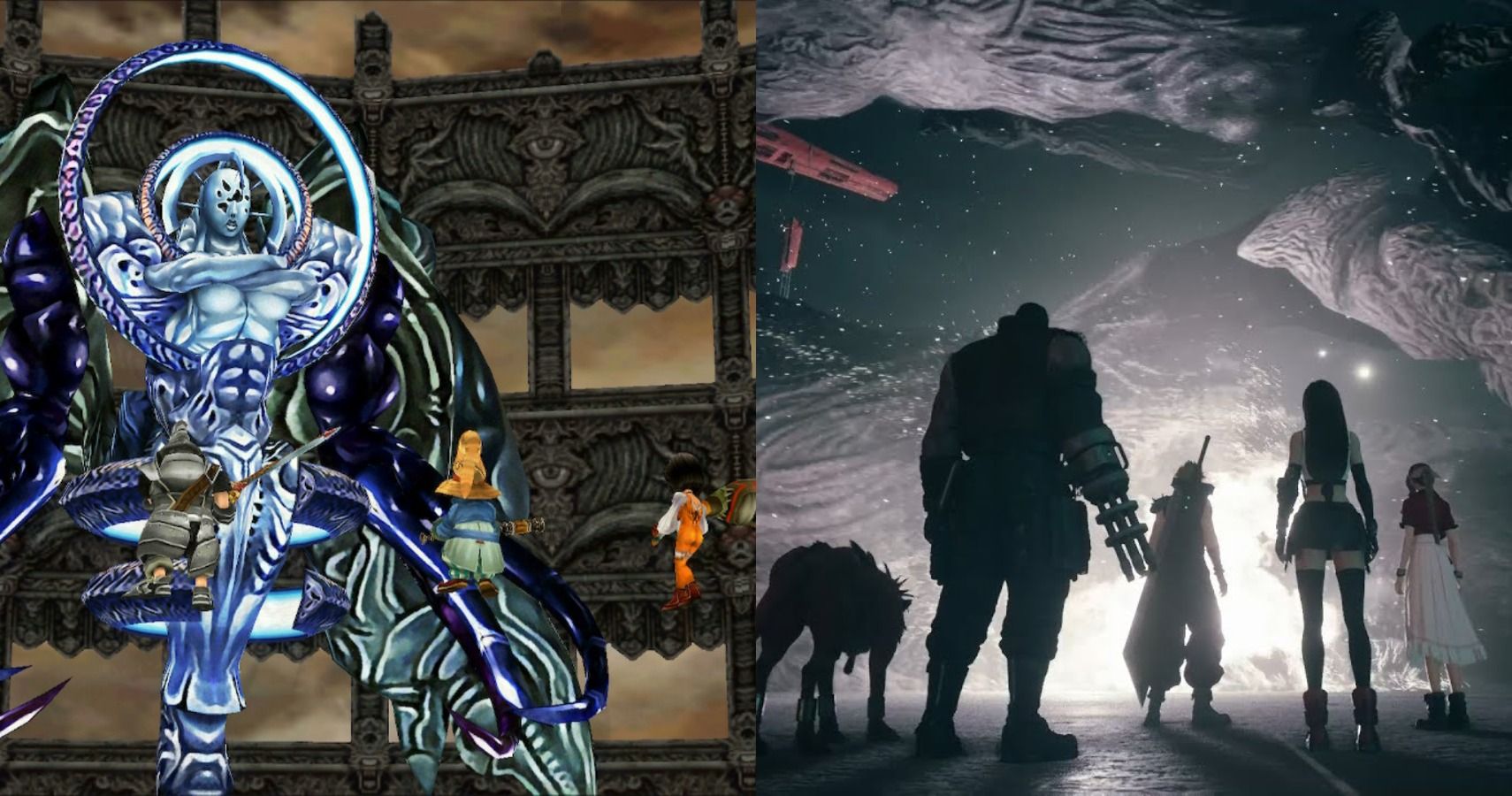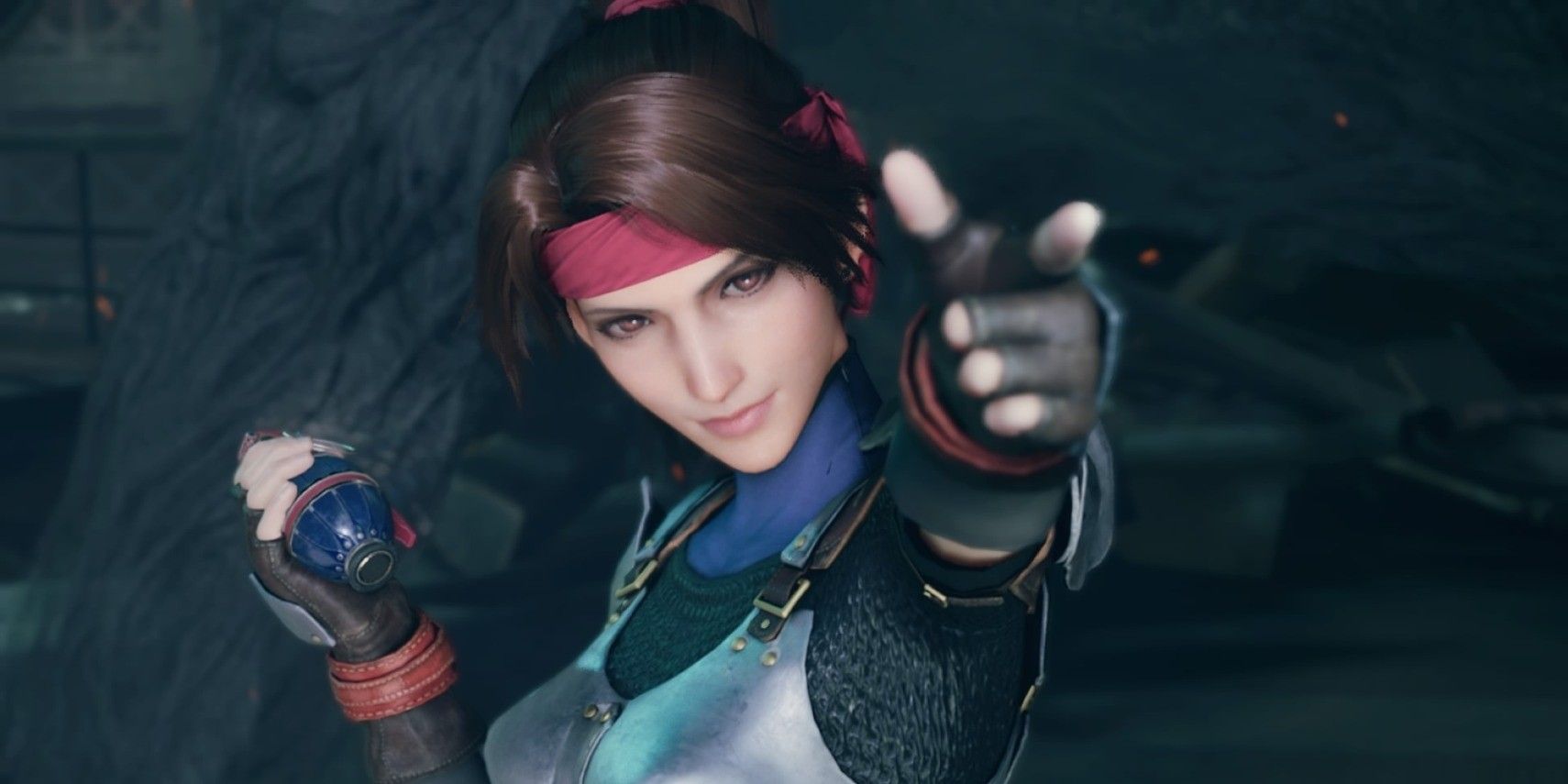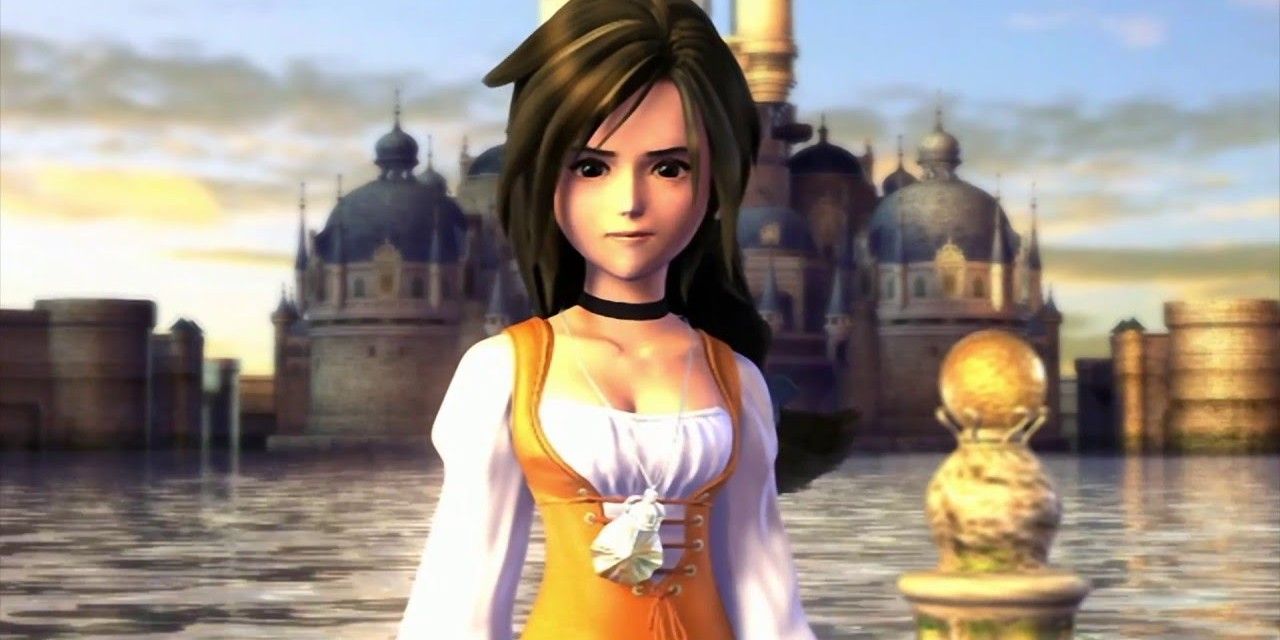Japanese role-playing games really have a thing for teenagers from a small town eventually growing up to do battle with God in a world-saving anime showdown. Countless games have done it, and many more likely will in the years to come. Listen, I’m not complaining, I eat this sort of weeaboo melodrama for breakfast, but I can’t help thinking about what these experiences would be like if the gods just wanted to vibe and get along with your party of youthful do-gooders.
This is the third instalment of our new weekly column where we talk about how a popular game series or genre would be great... if only it was the exact opposite of what it was. This week, we're looking at JRPGs and their wild obsession with doing battle with God. Yep, that's really a thing.
‘Attack and Dethrone God’ is how the trope is known in circles of fans, and it’s become such a common aspect of JRPG storytelling that it’s almost somewhat of an inside joke. Destroying an otherworldly deity is the height of heroism, defending your home from beings so mighty they can crash entire solar systems of planets into you with the execution of a single move. It’s very silly, extremely badass, and over-the-top in a way that I really admire.
However, seeing this trope reversed would be very fun indeed. Imagine if Zidane and company from Final Fantasy 9 enter the final battle, only to be met by Necron inviting them in for a spot of tea. It’s a cutesy and bizarre twist of circumstances that I honestly believe most JRPG characters would think about and accept. In a world filled with strange creatures and unusual happenings, the mightiest person of all simply being a dude who wants to sit back and take it easy doesn't sound too far-fetched. I mean, all that power must be tiring.
The JRPG genre often focuses on a group of naive young characters who learn an abundance of lessons throughout the narrative. Trials and tribulations are thrown at them at a relentless pace, and I suppose the final showdown with God is seen as a culmination of this journey. If this is the case, surely violence isn’t the answer. Villains of that magnitude likely have a lot of knowledge, and could offer humanity a lot more if our first instinct wasn’t to beat the snot out of them.
Reversing fate is another factor, with Final Fantasy 7 Remake being one of the most recent examples. Spoilers ahead! The climax of the beloved reimagining has Avalanche going into battle against the Arbiters of Fate. These are celestial beings who are holding the original timeline hostage, and must be defeated if Cloud and company wish to save the lives of those they hold dear. But, what if, and hear me out, they just stepped into that portal and had a chat? Go in, have a chat, kill Sephiroth, head back to Seventh Heaven, have a pint, and wait for all this to blow over.
Obviously such a stark reversal of expectations would take the wind out of a game’s sails, but it's a fascinating hypothetical to consider. The final battle in FF7 Remake is such a nonsensical spectacle that I could see the spooky kidnappers of destiny agreeing to a bit of gentle negotiation. Final boss encounters far too often revolve around defeating the big bad, so a re-examination of how such conflicts might be resolved, especially in the realm of JRPGs, is something that continues to intrigue me.



